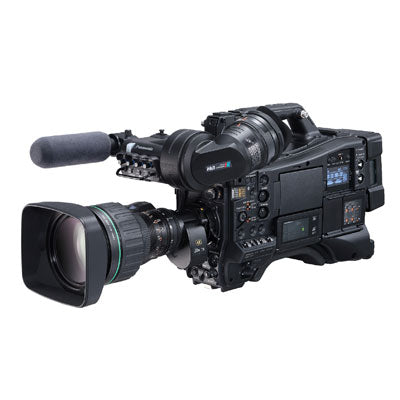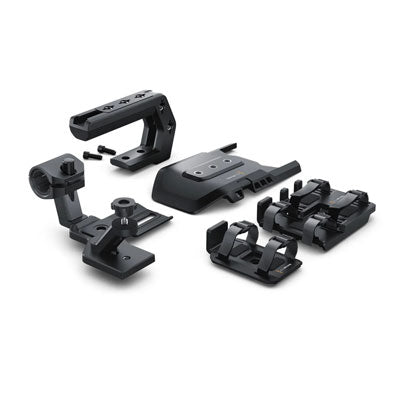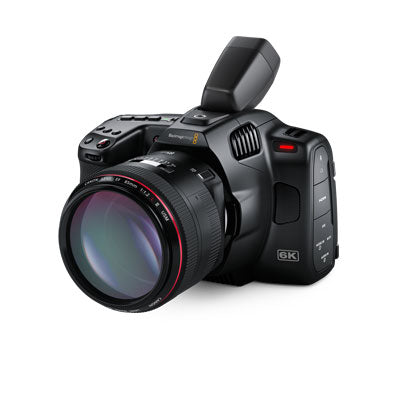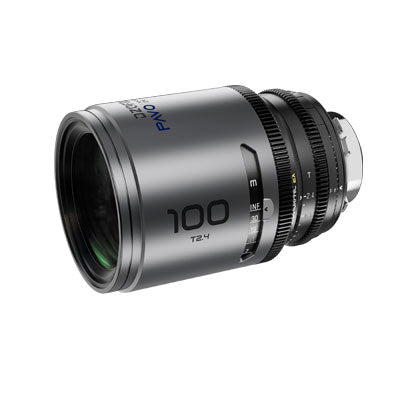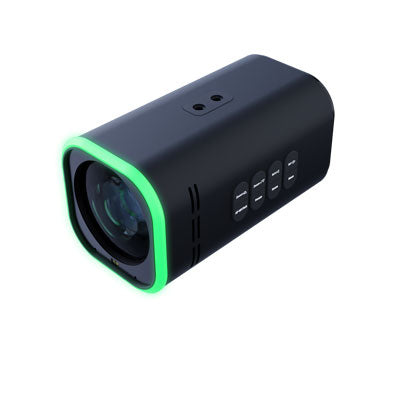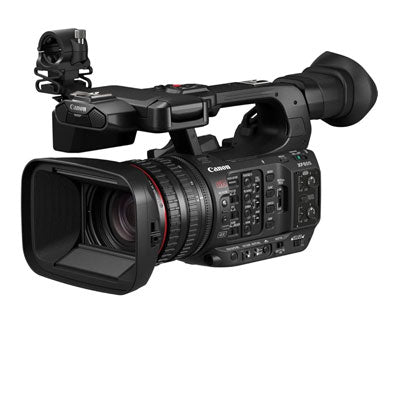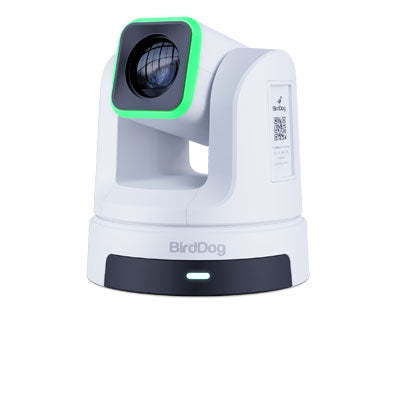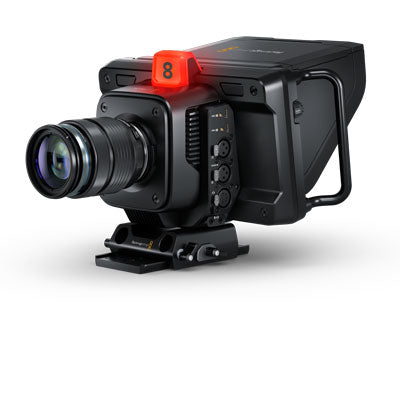Blackmagic Design's Cameras have been approved for Netflix productions
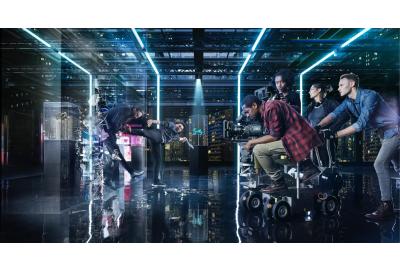
Netflix's Approved Blackmagic Design Cameras
Blackmagic Design's Cameras that have been approved for Netflix productions are listed below. Netflix will continue to maintain and update this list as new camera systems become available and are evaluated by our technologists.
Netflix requires that 90% of a program's final total duration be captured on approved cameras using the following capture requirements in order to help creatives produce their best work and create compelling visual experiences for our audience. In the case of nonfiction, this threshold may be more flexible.
We work closely with the creative community, camera manufacturers, and internationally renowned experts to approve cameras that support reliable and flexible production workflows. Netflix technologists have evaluated approved cameras to ensure that they meet image capture standards for dynamic range, color fidelity, detail rendition, signal-to-noise ratio, resolution, and key workflow requirements. These evaluations ensure that our partners are capturing their narratives with the finest and most appropriate technology.
CAPTURE REQUIREMENTS
In order to meet image capture standards required by Netflix, the following capture attributes must be adhered to.
|
Resolution |
Minimum of 3840 photosite capture width (Spherical) |
|
Codec |
Lightly Compressed or Uncompressed RAW or |
|
Bit Depth |
10-Bit or Greater |
|
Data Rate |
Minimum 240Mbps at 24FPS |
|
Color Space |
Scene-referred Color Space (S.Gamut3, ALEXA Wide Gamut, REDWideGamut etc.) |
|
Transfer Function |
Scene-referred Transfer Function (Slog3, Log C, Log3G10, VLog etc.) |
|
Timecode |
System is capable of jamming to an external source. |
Note: Not all cameras that meet these capture requirements are approved. These requirements are the minimum specifications necessary for a camera system to be considered for approval. Other attributes must be taken into account such as dynamic range, form factor, stability, workflow compatibility, and more.
Netflix's Approved Blackmagic Design Cameras
Blackmagic Design's Cameras that have been approved for Netflix productions are listed below.
|
Blackmagic Design URSA Mini 4.6K |

|
Effective Pixels | Preferred Recording Format |
|
Blackmagic Design URSA Mini 4.6K |
 |
4.6K: 4608x2592 |
CinemaDNG RAW (up to 4:1) |
|
Blackmagic Design URSA Mini Pro 4.6K |
 |
4.6K: 4608x2592 | Blackmagic RAW (up to 5:1) |
|
Blackmagic Design URSA Mini PRO 4.6K G2 |
 |
4.6K: 4608x2592 | Blackmagic RAW (up to 5:1) |
 |
12K: 12288x6480 | Blackmagic RAW (up to 8:1) | |
 |
35.64mm x 23.32mm (Large Format) |
IMAGE CAPTURE BEST PRACTICES
While not required for Netflix productions, the following best practices will help productions avoid common pitfalls and workflow errors that can lead to added costs, lost time, or creative compromises.
Black Balancing / Black Shading
Black balancing, sometimes referred to as black shading, of a camera’s sensor should be performed regularly in accordance with manufacturer provided guidance. For optimal results, please allow the camera to reach its normal operating temperature prior to performing the sensor calibration. The black balancing/shading procedure defines an imaging system’s proper black level given its current operating state and may reduce the visibility of misbehaving pixels while operating under fluctuating temperature ranges. To ensure this process is performed correctly, please refer to the instructions in your camera’s operating manual.
Framing Charts
To ensure on-set framing meets the creative and technical needs of your production, a framing chart should be shot before principal photography begins and processed through the dailies, editorial, and VFX pipelines.
For Best Practices involving Framing Charts and Dailies Workflows see:
Choosing an Aspect Ratio
Choosing an aspect ratio for the active image area of your production is a creative decision; however, aspect ratio can affect your workflow. “Aspect Ratio - An Overview” from our foundational video series demonstrates how aspect ratios may be used for story purposes and outlines technical considerations.
We’ve also designed a Framing & Working Resolution Calculator which can determine if your capture and framing method is Netflix approved.
Aspect ratio choices should be discussed with Netflix for approval.
Anamorphic Lenses
When using anamorphic lenses, extra resolution may be required for capture. Camera selection should take this additional need into account. Cameras that meet this resolution requirement and are approved for anamorphic capture are designated in the list above. If you are unsure if your desired camera system has the necessary resolution or have questions about anamorphic capture, Netflix is here to help. Please contact your Netflix project lead to discuss implications or concerns.
Color Management
In order to ensure compatibility with your project’s color pipeline, productions should test each camera format’s color space transformation into the working color space. “The Benefits of Color Management” from our foundational video series explains why color management is important to Netflix and provides an introduction to the Academy Color Encoding System (ACES).
To explore color management further see: "What is Color Management?"
Spanned Clips
Recording single takes across multiple camera cards, also known as “spanning clips,” should be avoided unless absolutely necessary. Spanning clips across camera cards increases the likelihood of downstream workflow issues.
Film Capture
For productions seeking to shoot any photochemical film, please contact your relevant Netflix project lead.
External Recorders
In some instances, productions may require the use of approved cameras with external recorders. The recording format should be in line with minimum requirements outlined at the head of this document, and should be discussed with your Netflix point of contact.
Source: https://partnerhelp.netflixstudios.com/hc/en-us/articles/360000579527-Cameras-Image-Capture-Requirements-and-Best-Practices










